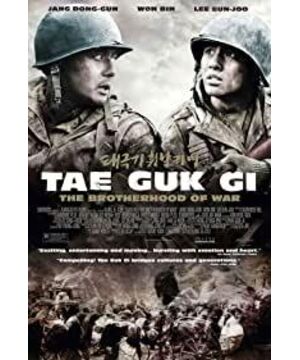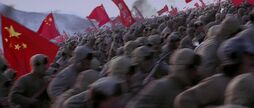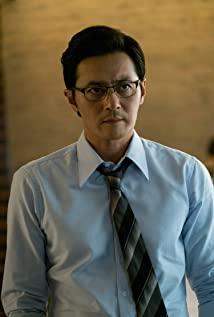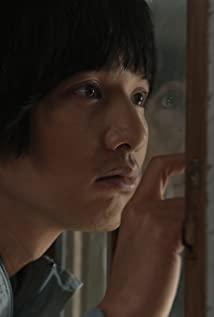Modern part: The handling of this part is similar to that of saving Private Ryan, but every time I see those soldiers carefully collecting the remains of the martyrs (actually the attitude towards the martyrs I feel) I always feel something wrong. taste. Think about the recent reports of resistance against Japan and civil war in China, including those martyrs who fought against the United States and aided Korea, and their treatment.
Part of the war: I think the final conclusion the director wants to draw is that brotherhood will eventually prevail over the disputes of doctrine (the doctrine here is not just as simple as communism and capitalism), and the war is partly due to the realistic sounds and tracks of guns and the dark scenes It is very cruel to render the environment, but what is even more cruel is the choices people faced at that time and the persecution of the times. It was precisely in this choice and persecution that the brotherhood finally continued to the end. It can also be said that the brotherhood has overcome the cruel fate endowed by that era. Of course, returning to the screen is a kind of romance, but also a kind of expectation - giving the people of the modern peninsula (at least South Korea) a reason to put aside their differences and interests and only unite for the reunion of brothers, and this reason is the most important reason. ingrained.
However, having said that, why has this purest reason become so "ineffective" in China? Since I was a child, I have been brainwashed into saying that collective interests are higher than individual interests. In fact, I agree very much. If both North and South Korea believed that, then there would be no Korean War. However, the reality is that you have to make a choice, just like dalu and taiwan, well, in fact, they are all for the interests of their own small groups, but the bigger ones here. The screen is always more romantic, just like in a dream.
View more about Tae Guk Gi: The Brotherhood of War reviews










